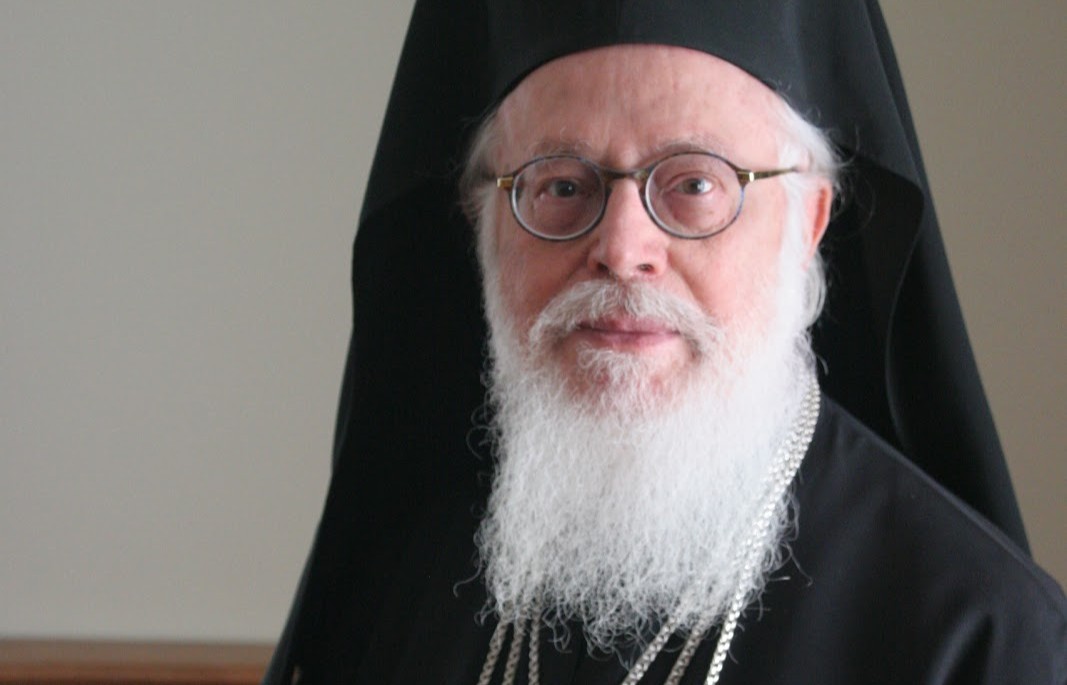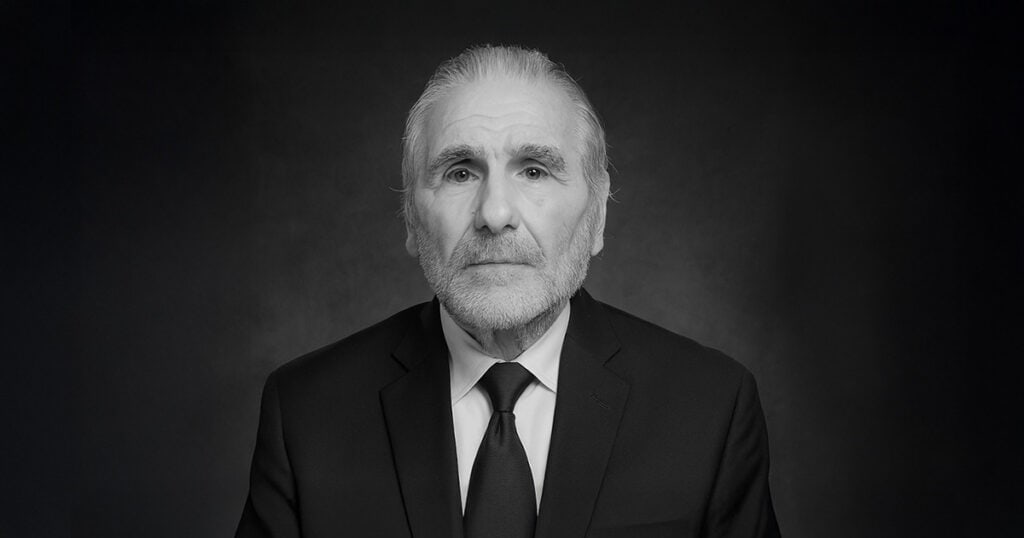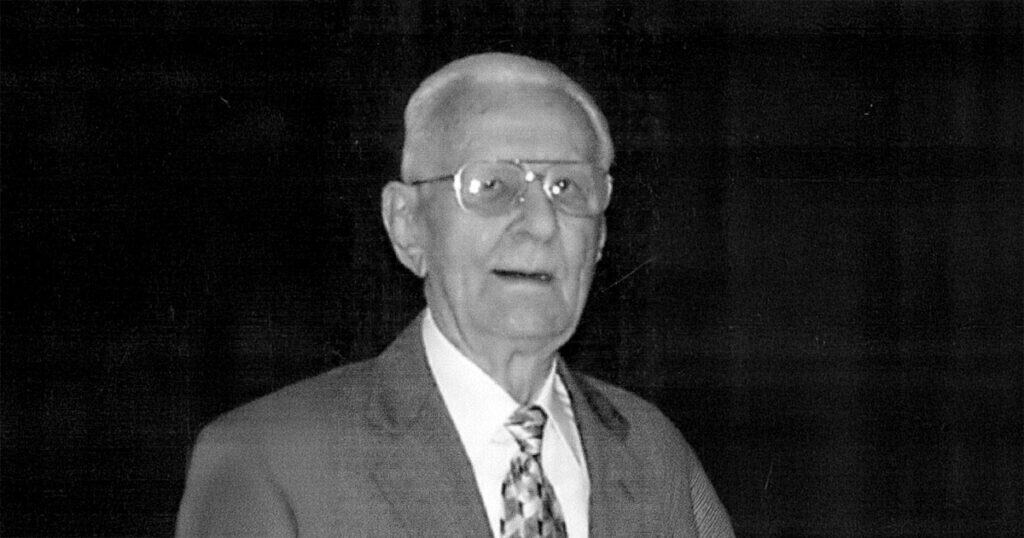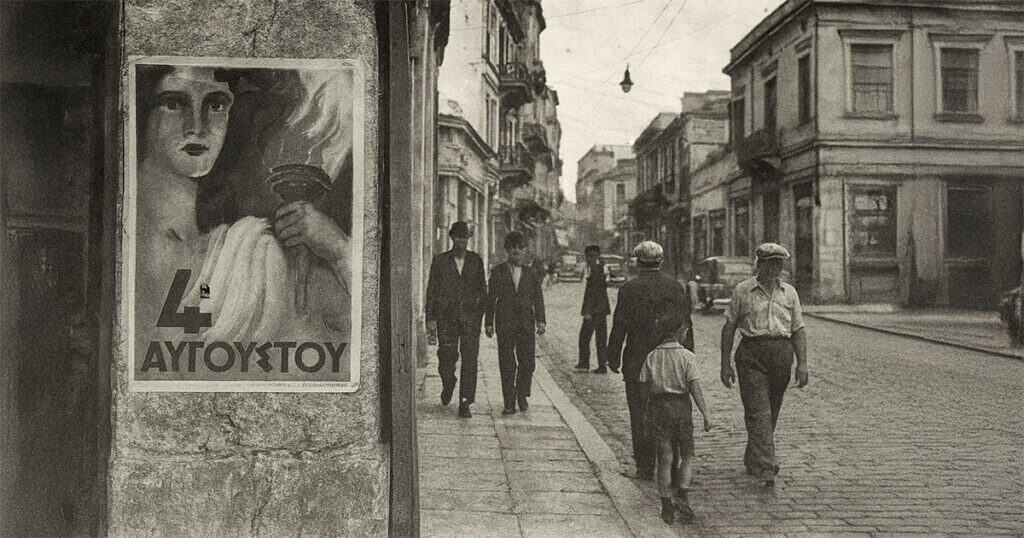Archbishop Anastasios, a towering figure in modern Orthodoxy and the leader who resurrected the Autocephalous Orthodox Church of Albania, passed away this morning at the age of 95. Born Anastasios Yannoulatos in Piraeus in 1929, the archbishop died at Evangelismos Hospital in Athens due to multi-organ failure. His health had deteriorated rapidly in recent days following hospitalization in both Tirana and Athens.
The Orthodox Church of Albania, which he led for over three decades, announced his death, describing him as the architect of its revival after decades of suppression under Albania’s atheist regime. The statement read:
“His Beatitude, Archbishop Anastasios, was the restorer and renewer of the Orthodox Church of Albania, bringing it back to life after years of devastation. His tireless efforts gave new hope to the faithful, establishing a foundation of faith, charity, and education that will endure for generations.”
Appointed Archbishop of Albania in 1992, Anastasios inherited a Church in tatters. After decades of communist rule, Orthodox Christianity in Albania had been nearly eradicated—its clergy persecuted, churches destroyed, and the faithful scattered.
Yet, against staggering odds, he rebuilt it. Over the next 33 years, he oversaw the construction of hundreds of churches, trained clergy, and established schools, healthcare centers, and charitable institutions.
His work wasn’t just about bricks and mortar; it was about reviving the soul of a Church and its people. Through his unwavering commitment, he turned what seemed like an impossible task into one of the greatest success stories of modern Orthodoxy.
Archbishop Anastasios’ life was marked by a deep commitment to mission work, scholarship, and interfaith dialogue. After graduating from the University of Athens’ Theological School in 1952, he founded Greece’s first missionary journal, Porefthentes, and began his pioneering work in Orthodox missions.
His efforts took him to Africa, where he established vibrant Orthodox communities in Uganda and beyond, often learning local languages to better serve the faithful.
In addition to his missionary work, Anastasios was a distinguished academic. He pursued postgraduate studies in religion and ethnology in Germany and later became a professor at the University of Athens, specializing in the history of religions.
His scholarship, combined with his pastoral heart, made him a uniquely effective leader on the global stage. Fluent in over a dozen languages, including Albanian, English, French, and Swahili, Anastasios was a bridge-builder across cultures and faiths.
He studied and engaged with world religions, fostering dialogue and understanding in countries as diverse as India, Tanzania, Thailand, and Korea. His belief in the power of love and cooperation as a remedy for division and conflict was central to his ministry.
His contributions earned him widespread recognition. Anastasios received numerous honorary doctorates and awards, including Greece’s Grand Cross of the Order of Honor and international accolades for his work in promoting peace and religious coexistence.
In 2020, he received the Klaus Hemmerle Prize from the Catholic Focolare Movement, honoring his efforts to foster harmony among religious communities.
For the people of Albania and Orthodox Christians worldwide, Archbishop Anastasios will be remembered as a visionary who turned despair into hope. He transformed a devastated Church into a vibrant institution, inspiring countless people with his dedication and faith.
The Church of Albania’s statement captured the essence of his life and work:
“With divine inspiration and tireless labor, he restored the Church from its ruins, rekindling faith and establishing a lasting foundation of spiritual and social renewal. May his memory be eternal.”







